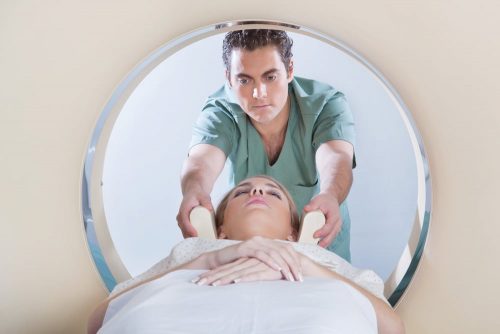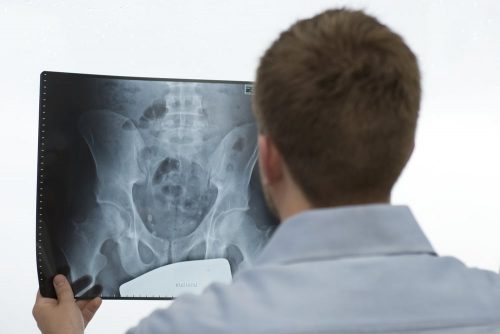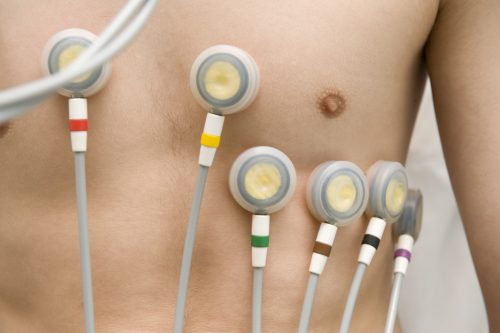What is a Liver Biopsy?
Liver biopsy is a medical procedure where a small sample of liver tissue is taken and its examined in the Pathohistologic Laboratory. The tissue is then analyzed to help your doctors diagnose a variety of diseases or disorders in the liver.
Our team of professionals can help you with finding your medical staff to perform the procedure of liver biopsy.
Know indications for liver biopsy
- Laboratory analyzes that indicate liver disease (elevated values of AST, ALT, GGT, etc.)
- If there is evidence of a visible tumor or focal lesion in the liver, seen by radiological methods (Ultrasonography, CT, MRI), which can not differentiate the benign from malignant changes
- In transplanted patients, for checking the liver functionality after transplantation
- Diagnosis of: cirrhosis (alcoholic, posthypadidal or of unknown aetiology), Wilson’s disease, chronic hepatitis, steatosis, or liver control following hepatotoxic therapy effect
What should the patient know before the intervention?
- The patient needs to stop anticoagulant, anti-inflammatory therapy, aspirin or clopidogrel therapy, one week before the intervention, if it’s already taken.
- Cardiac therapy should be taken several hours before the intervention.
- Laboratory analyzes: prothrombin time / index, platelets and blood group with Rh factor, bleeding time
- If the patient is diabetic on insulin therapy on the day of intervention, it is advised not to take insulin
- The patient on the day of the intervention should be hungry and thirsty
Warning about liver biopsy
If you have a fever, chills, difficulty breathing, dizziness, tenderness or severe pain in the chest or at the site of a liver biopsy, shoulder, or abdomen within 72 hours after the procedure, you should immediately call your doctor or go to the nearest emergency room.




